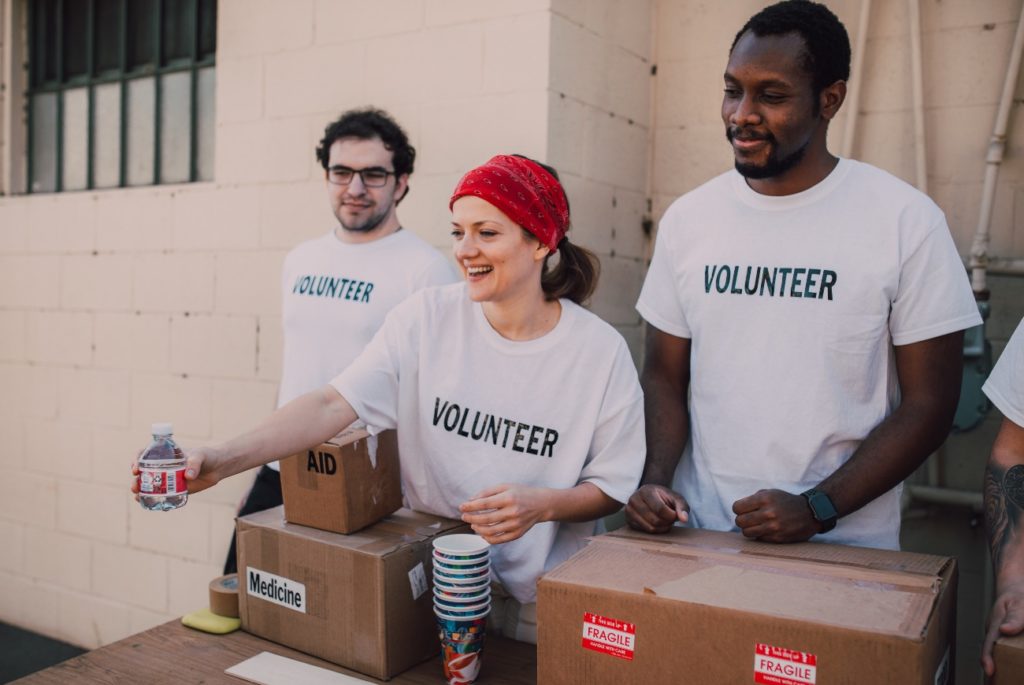Content Reviewed by Jennifer Wheeler, Clinical & Community Outreach for New Life
If you have recently completed treatment for addiction, you might have some hesitations as you transition back to life outside of treatment. For example, you may wonder how you are going to spend all of your newfound free time that you once spent using alcohol and other drugs. Fortunately, with knowledge of sober activities under your belt, you can feel more comfortable and confident in preventing relapse by healthily filling your free time throughout recovery.
The Importance of Sober Activities in Long-Term Recovery
There are many reasons why sober activities are valuable throughout long-term recovery. Here are just a few:
#1 Sober Activities Prevent Boredom
Finding new and healthy ways to fill your free time can help prevent feelings of boredom. Without knowledge of healthy ways to alleviate boredom, it can quickly cause you to engage in old habits, derailing your recovery. As you are likely transitioning out from a highly structured lifestyle and routine post-treatment, you must create new routines that involve sober activities to avoid boredom.
#2 Sober Activities Heal the Brain
Sober activities help reverse changes to the brain that come as a result of chronic substance use. For instance, the brain’s reward system — which becomes compromised from the regular use of alcohol and drugs — can learn to heal itself by finding pleasure in exciting, healthy activities. Remember that these changes take time, so you are unlikely to experience immediate results. However, you can be proactive in your healing by engaging in sober activities that bring you pleasure.
#3 Sober Activities Facilitate Social Support
Another reason why sober activities are important throughout long-term recovery is that they can foster new connections. Many communities host events and activities specifically for individuals in recovery, which can introduce you to like-minded peers. Social support remains an incredibly important factor in recovery success. Furthermore, engaging in social activities can help facilitate treatment entry and engagement for others who may need a push to kickstart their recovery journey.
Suggestions of Sober Activities
As you leave treatment, it can be difficult and draining to come up with sober activities that are worth adding to your routine. One way to help yourself along is to regularly check in with your treatment facility and other recovery programs to see if they are hosting any sober events. Typically, recovery programs have a calendar of events they create for individuals working to sustain sobriety within their community. Likewise, many facilities design regular, sober outings for alumni that you may be interested in attending.
In addition to facility-planned sober outings, here are some suggestions for sober activities to try after treatment:
Mindfulness-Oriented Activities
Mindfulness practices can be a great way to relax and reflect. They can help you look inward, improve your emotional regulation and find deeper meaning and purpose in your life.
You may have learned some valuable mindfulness practices in treatment; however, there are endless mindfulness practices available to learn. Consider trying the following:
- Meditation
- Loving-kindness meditation
- Open monitoring meditation
- Transcendental meditation
- Yoga meditation
- Mindfulness meditation
- Breathwork
- Body scanning
- Sensory exercises
- Visualization exercises
- Journaling
- Mindful movement
- Engaging with nature
Adventure-Oriented Activities
Adventure activities can positively impact your recovery by promoting healthy identity development as well as a growth mindset. Such activities can introduce the necessary stimulation and excitement to your recovery journey. Additionally, they encourage you to get outside and connect with nature.
Some nature and adventure-oriented activities you might consider are:
- Hiking
- Bungee jumping
- Biking
- Canoeing or kayaking
- Zip-lining
- Exploring
- Rock climbing
- Camping
- Fishing
- Joining a sports team
Entertaining Activities
At times, you may need a sober hobby that doesn’t require physical activity. Fortunately, there are many entertaining activities for which you can be a spectator or passive participant. Though you should always remain active in your pursuits toward continued sobriety, that doesn’t always mean you have to do activities that are high energy or high involvement. Sometimes, just filling your time with things you enjoy or get entertainment from is enough. For example, you may want to:
- Attend a sports game for a local team
- See a new movie or play
- Spectate a local competition
- Explore a local festival
- Host a cookout or a game night
- Visit the zoo
- Tour a local landmark
- Join a club
Volunteer-Oriented Activities
An important aspect of a successful recovery is giving back to your community. Volunteering can help you learn new perspectives as you help someone outside of yourself. Likewise, these activities can also increase your sense of social support and help you find something that brings you deeper meaning for your sobriety. You can volunteer by:
- Serving at a local soup kitchen
- Making goodie bags for the homeless
- Becoming a sponsor or mentor for someone in recovery
- Raking your neighbors’ leaves
- Offering your services to someone in need
- Picking up trash at your local park
New Life Addiction Counseling and Mental Health Services understands how challenging the transition out of addiction treatment can be for individuals working to maintain long-term recovery. Doing so can help prevent relapse and encourage healthy identity development. To learn more about sober activities to try after treatment or to learn more about our treatment programs, call New Life today at (877) 929-2571.
